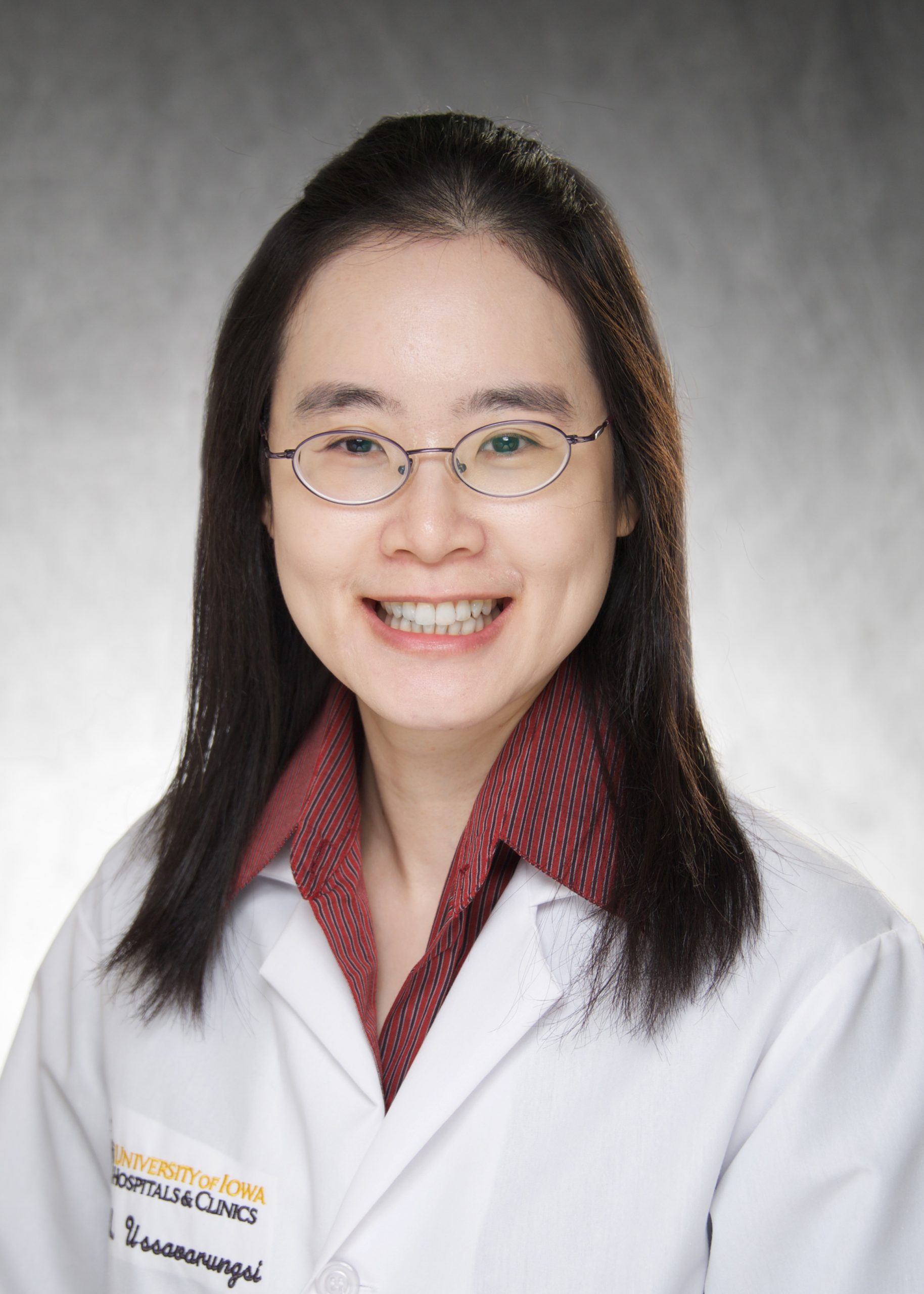This month and over the next few weeks, we will pass a number of one-year anniversaries. The first documented cases of COVID-19 in the United States, the first American deaths from this virus, the first cases in Iowa and the first cases we treated at University of Iowa Health Care all happened very quickly together. And then everything that followed: cancellations, greater isolation, businesses closing, how best to protect our patients, our families, and each other. So much uncertainty. It was unimaginable last year to think we would still be fighting this spread on so many fronts today, even as beacons of light such as vaccinations continue to grow brighter. It was unimaginable then, and it will be some time before we fully understand how this experience has changed us. It is right, it is appropriate, to pause from time to time and reflect on all of this. We should not ignore the costs—emotional, financial, and even familial—any more than we can ignore the ongoing risks we still face. I believe that we understand how much of a duty we owe to our patients and to our colleagues, not only to complete the tasks in front of us but to plan to face the next challenges. I am as confident now as I was a year ago that when we see the end of this we will be stronger for it. But that strength does not mean we cannot also grieve for what we have lost. Each of us has been touched by this pandemic in rapidly transformative ways and to bury those feelings, to just “play through it,” is to ignore our own health. The department is committed to fostering an environment that supports each other. Also, remember that talented professionals are right here to support us through some of our more difficult moments. The UI Employee Assistance Program and the COPE team can provide direct aid, or for less urgent situations you can check out recordings of the variety of topics within UI Health Care’s wellness forums. But do reach out and do check in with each other, and check in regularly with those of us in leadership.
Recognizing how challenging this last year has been only sharpens my pride in what you all have accomplished and continue to achieve in every aspect of our missions. Though these are just three stories among many we hear about, the most recent compilation of our You Make a Difference awards highlights what separates us as compassionate clinicians. At that link, you can read about physicians in some cases quite literally going out of their way to see a patient all the way through to their goal. These stories showcase your dedication, but they also showcase your compassion, especially in the instance of second-year resident Dr. Ashwin Subramani. “(Y)ou were present in the moment,” a patient’s family member wrote to him after helping them navigate the painful end-of-life process. This is a good reminder that this is often all our patients and their loved ones ask of us. Dr. Don Brown was present as he escorted two visitors through the “labyrinth of hallways” and well past check-in, even asking them if he could get them something to drink! The story made me smile, knowing Don. All these stories serve as a reminder that it is often the small things that we do that make an outsized difference in the lives of those who entrust their care to us.
In education, the year has already begun strong in both our residency and fellowship programs. Dr. Bharat Kumar the associate program director for the Rheumatology Fellowship, is a distinguished graduate of our unique dual-certification track in rheumatology and allergy/immunology. Since joining our faculty and the program leadership, he has launched a number of initiatives refining curricula and incorporating technology. Now he’s received the AAAAI Educator Development Award, which will fund a series of digital modules aimed at ensuring fellows are learning the most current information about immune dysfunction. Under the leadership of Drs. Vicki Kijewski and Andrea Weber, our combined Medicine-Psychiatry residency program is also responding to changing needs of our patients. An increasing focus on research and treatment of substance use disorders has led to national recognition of one of our current trainees. Dr. Brigid Adviento has received a Ruth Fox Scholarship from the American Society of Addiction Medicine to attend their upcoming virtual conference and receive access to a significant amount of additional training. As we come to the end of our first virtual residency recruitment season, also a marathon, let me say that your commitment to education and scholarship will be noticed by those who apply to train here, and I am confident that when we welcome the next class of trainees, I will again declare: Well done, all!
Well-deserved congratulations can also be delivered to some of our investigators as well. Dr. Brad Rosen continues to build a steadily growing grant portfolio, as he has progressed from post-fellowship K-awards to his current U01 examining idiopathic pulmonary fibrosis. Dr. Rosen is partnering with faculty at the University of Alabama at Birmingham as they search for potential therapeutic targets. I was also pleased to see that Drs. Sanjana Dayal and Steve Lentz were named among the recipients of Carver Trust pilot grants looking at various aspects of SARS-CoV-2 and COVID-19. More information about their project is here. We are grateful to the Carver Trust and indeed all our philanthropic partners who have already strongly committed to supporting many of our missions. Although the past year has felt long in so many ways, when we consider the progress we have made, I feel like we are picking up the pace as we get closer to the finish line.




